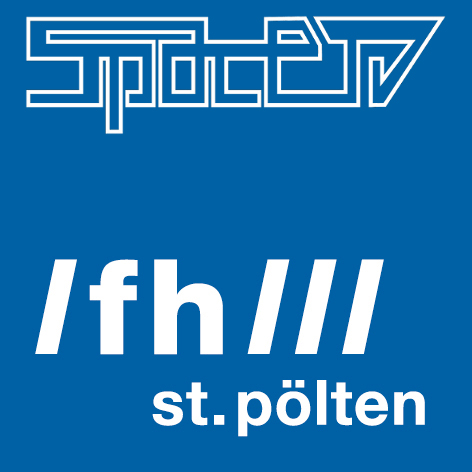Open Source Life Symposium
4.9.
Life and work according to ideas from the development of open source software: Vision of a sustainable future, nightmare scenario of total transparency or something that’s long been common practice? At the Open Source Life symposium experiences with projects and initiatives, activism on behalf of freedom online and critical analysis of concepts around “openness” meet. Can Open-Source-Mindsets of the individual and Open-Source-Structures in societies and economies act as agents of positive change?
10:30 – 12:15 Open Source Life I: Prix Forum Digital Communities
- Welcome
Gerfried Stocker (AT), Andreas Hirsch (AT) - Digital Communities 2010
Aram Bartholl (DE) - Chaos Computer Club
Tim Pritlove (DE), Discordian Evangelist, CCC - Map Kibera
Mikel Maron, co-founder of Map Kibera, and board member of the OpenStreetMap Foundation. - the ubiquitous #unibrennt cloud
Georg Schütz (AT) und andere - Discussion with participants
Moderation: Aram Bartholl (DE)
13:30 – 15:10 Open Source Life II: Open Source Life & Repair
- Why should we live an Open Source Life?
Andreas Hirsch (AT), curator at KUNST HAUS WIEN, consultant and cultural manager. „Cultural Memory and Diversity“ at WSIS II in Tunis 2005. - Trash | Track | Trash
Carlo Ratti (IT/US), civil engineer and architect, teaches at the Massachusetts Institute of Technology, director of the SENSEable City Laboratory. Founder and former president of the Comitato Valdo Fusi for promoting architectural change in Turin, Italy. A documentation of the project Trash Track can be seen in Bau 2 EG. - How to biomanufacture Bricks
Ginger Krieg Dosier (US), architect and designer, specialist for new performance materials for architecture and construction.
Teaches architecture at American University of Sharjah, United Arab Emirates. Partner at Vergelabs, creator of Biomanufactured Bricks. - Design as Conversation
John Thackara (UK), director and founder of the festival series „Doors of Perception“, where communities imagine sustainable futures. Author of numerous books including „In The Bubble: Designing In A Complex World“ - Discussion with participants
Moderation: Andreas Hirsch (AT)
15:25 – 16:45 Open Source Life III: Repair Society
- „Repair“ Democracy
Amelia Andersdotter (SE), elected member of the European Parliament on behalf of Piratpartiet and former international coordinator of Piratpartiet‘s youth organisation Ung Pirat. - Creating Diaspora
Maxwell Salzberg (US), programmer, started building a distributed social network dubbed „Diaspora.“ - The Meaning of Open is Obfuscated
- Geert Lovink (NL), Dutch-Australian media theorist and critic, founding director of the Institute of Network Cultures and founder of Internet projects such as nettime and fibreculture. His recent book titles are Dark Fiber (2002), Uncanny Networks (2002) and My First Recession (2003).
- Discussion with participants
Moderation: Andreas Hirsch (AT
17:00 – 18:30 Open Source Life IV: Repair Society (and yourself)
- Digital Formations of the Powerless
Saskia Sassen (US) saskiasassen.com, Columbia University. Recent books: Territory, Authority, Rights: From Medieval to Global Assemblages, and “A Sociology of Globalization”. Writes for OpenDemocracy.net and HuffingtonPost.com - Floating in a Rich Network of Highly Charged People and Serendipitous Events
Joichi Ito (JP), activist, entrepreneur, venture capitalist and angel investor. CEO of Creative Commons, early stage investor in Twitter, Technorati, Flickr, Last.fm and other Internet companies, board member of Mozilla Foundation, previously also of Open Source Initiative (OSI) and ICANN. – http://joi.ito.com/ - Reflections of an Open Source Life
Derrick de Kerckhove (CA), professor at the University of Toronto and the Università Federico II in Naples, Italy, directs research on digital culture(s) at Open University of Barcelona. - Discussion & Wrapup
Moderation: Andreas Hirsch (AT)
About the curator:
Andreas Hirsch (AT)
Curator, consultant and cultural manager. Projects include development of the „Digital Communities“-category for Prix Ars Electronica (2003), „Cultural Memory and Diversity“ at WSIS II in Tunis (2005). Since 2009 curator of KUNST HAUS WIEN.



